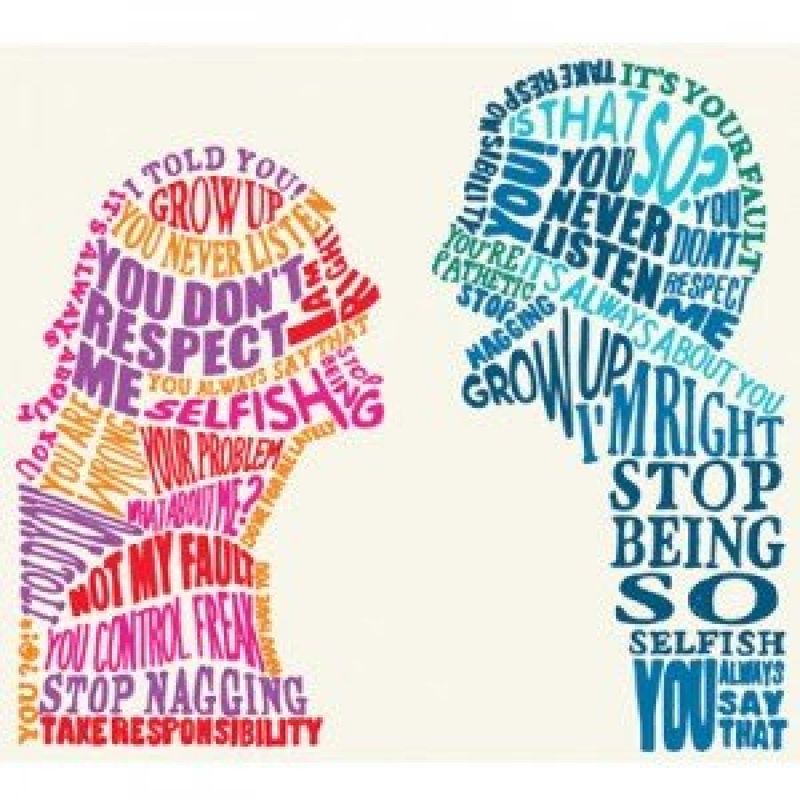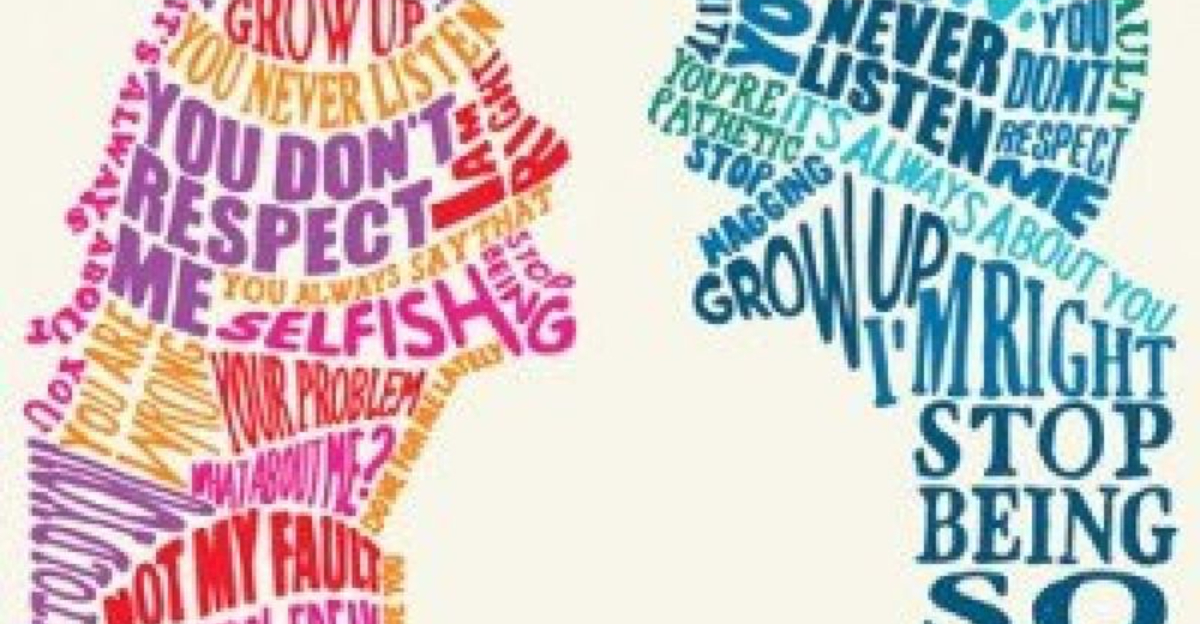15 Tips For Conflict Resolution In Long-Term Relationships
Do you ever reach that point where a fight with your partner feels like a rerun—same script, different night? Maybe you’re tired, maybe you’re numb, maybe you want to throw something, or just run away for five minutes of quiet.
Long-term love isn’t all romantic comedies and Instagram feeds. Sometimes it’s raw, messy, and unbelievably human. And that’s why figuring out how to fight well—really well—matters more than getting along on the easy days.
These fifteen brutally honest tips aren’t about winning arguments. They’re about helping you both walk away from the hard moments feeling stronger, not more alone.
1. Practice Active Listening

Remember the last time you tried to say something important and the other person glanced at their phone? That sting never really leaves. Giving someone your complete attention is its own kind of love letter, especially when emotions flare.
Active listening isn’t about planning your comeback before they finish talking. It’s about holding space so they feel seen, even if you don’t agree. Start by reflecting back what you hear—yes, even if it sounds clunky at first.
You’ll be surprised how many arguments deflate when you just make your partner feel truly heard. Sometimes, all it takes to shift a fight is those few words: “So what I’m hearing is…” It’s awkward at first, but it builds understanding that lasts longer than any apology you could offer later.
2. Use “I” Statements

You know what shuts down a conversation faster than anything else? Blame. It wraps the whole room in ice and makes even small problems feel huge. That’s where swapping out accusations for “I” statements changes the game.
Instead of, “You never listen,” try, “I feel ignored when you look at your phone during dinner.” It doesn’t let anyone off the hook, but it keeps the door open for a real answer. Suddenly, it’s not a courtroom—it’s a chance to reconnect.
It’s awkward at first. It might sound scripted. But over time, you’ll notice it’s easier to talk about hard stuff without making it personal. That’s when you stop feeling like enemies and start remembering you’re on the same team.
3. Stay Calm and Manage Emotions

One time, I snapped before I even knew what I was mad about. Sound familiar? When your heart starts pounding and your face gets hot, it’s tempting to go all in—but that’s usually when the worst words come out.
I learned to take a breath. Sometimes I even left the room for five minutes to splash cold water on my face. It wasn’t about ignoring the fight. It was about not making it worse.
Managing your emotions means knowing when to pause. It’s not weakness; it’s self-preservation. You end up with less clean-up later and fewer words you wish you could take back. Real power is keeping your cool when everything in you wants to explode.
4. Avoid Blaming and Criticizing

Here’s something I wish I’d known sooner: pointing out every flaw doesn’t make anyone listen harder. It just makes them want to hide. It’s easy to get caught up in what the other person is doing wrong, especially when you’re hurt.
But every time you say, “You always…” or “You never…”, you chip away at trust. Fights turn mean fast, and suddenly you’re not talking about the problem—you’re just keeping score. And nobody wins when you’re both losing track of each other.
Instead, try talking about what’s actually happening, not who your partner is. The less you attack, the more likely you’ll get an honest answer. Turns out, kindness is way more disarming than criticism ever was.
5. Stick to One Issue at a Time

Ever started a fight about dishes and ended up rehashing your entire last vacation? It’s like pulling a thread and having the whole sweater unravel. When you pile on old grudges, nothing gets solved—just messier.
I learned to pick one battle at a time. It’s not easy. When you’re mad, everything feels connected, but bringing up every past wrongdoing turns a small fix into all-out war.
Stick to the present. Even if you want to scream about last week, hold back. Solve this argument first. You can always circle back later. Narrowing your focus is how you actually get somewhere instead of getting lost in the mess.
6. Seek Compromise

You want the window open, they want it closed. Classic. If you try to win every disagreement, you’ll both feel like you lost something. Real partnership isn’t about keeping score—it’s about trading wins.
Compromise is messy. No one gets everything they want. I’ve swapped out perfect solutions for ones that just felt fair. Sometimes, my partner’s happiness mattered more than my stubbornness did.
Finding middle ground isn’t weakness. It’s proof you care about the relationship more than being right. And when you meet them halfway, sometimes you find something better waiting in between. That’s where the good stuff happens.
7. Set Boundaries and Respect Them

There’s no medal for powering through a conversation that makes you want to scream. Boundaries aren’t just therapy talk—they’re survival. Without them, fights get uglier and feelings get buried.
I set ground rules with my partner. No yelling, no name-calling, and if either of us needed a break, we took it—no explanations required. Turns out, it’s not about shutting down; it’s about protecting what matters.
Respecting boundaries is how you build trust, even in the middle of a blowout. It’s not about avoiding hard talks. It’s about making sure both of you feel safe enough to actually have them. That’s non-negotiable.
8. Take Responsibility

Has there ever been a fight where you felt 100% innocent? Me neither. Owning your part is the least glamorous but most relieving step. It’s like finally letting out a breath you didn’t know you were holding.
I learned to admit when I messed up, even if it meant swallowing my pride. Sometimes it was just, “Yeah, I said something I regret.” No excuses. No shifting blame.
Taking responsibility doesn’t mean taking all the blame. It just means you’re willing to do your part. It softens the room and often gets you honesty in return. That’s where healing kicks in, quietly and stubbornly.
9. Avoid “Text Fighting”

I once tried to mend a fight over text. Spoiler: it didn’t work. Screens twist words and make everything colder. No emoji in the world can replace tone or touch.
Text fighting is a trap. You can re-read every sentence, twist it in your head, and spiral for hours. In person, you get nuance—tone, kindness, and maybe even a hug when things crack open.
Whenever it’s serious, talk face-to-face if you can. Or at least pick up the phone. Your relationship deserves more than autocorrect and the anxiety of three little dots waiting for a reply.
10. Stay Open-Minded

Ever realized halfway through an argument that you might be wrong? It’s a humbling moment, but also freeing. Staying open-minded isn’t about agreeing with everything—it’s about recognizing your blind spots.
I started asking, “Could I be missing something?” Sometimes the answer stung, but accepting other perspectives expanded what was possible. That’s how you stop fighting the same battle over and over.
Let curiosity lead. Even if you don’t change your mind, you’ll understand each other better. And that alone can shift the conversation from stuck to unstuck. That’s where growth begins, every single time.
11. Use a Neutral Tone

Volume doesn’t prove your point. All it does is turn up the drama. Speaking in a neutral tone doesn’t mean you’re bored or detached—it means you’re trying to keep the peace.
A calm voice can turn down the heat in seconds. Even when you’re furious, it shows you care more about connection than winning. Sometimes, my partner and I even agreed to pause if one of us couldn’t keep it steady.
It’s not easy when you’re upset. But the softer you speak, the easier it is to hear what matters. Suddenly, arguments sound less like war and more like teamwork.
12. Focus on Solutions, Not Problems

Ever get stuck replaying the same old fight? I did, again and again. It felt like running laps in a maze. Focusing on solutions is how you cut a door through the wall.
Instead of “Why do we always end up here?” try, “What’s one thing we could do differently next time?” It shifts the mood. Suddenly, you’re on the same side, facing the issue together.
Problem analysis has its place, but don’t let it be your home address. When you both start looking for answers instead of blame, the atmosphere changes. That’s when you get unstuck—for real this time.
13. Take a Timeout When Necessary

Sometimes the bravest thing you can do is walk away for a minute. Not storm out—just step back. Timeouts don’t mean giving up, but really, they keep you from saying things you can’t erase.
A real timeout means naming it: “I need ten minutes to clear my head, then we can talk.” That’s not abandoning the fight. It’s protecting both of you from making it worse.
Coming back after a break, I was softer. My partner was, too. We picked up the pieces, not the weapons. Turns out, a little space can be the best apology.
14. Seek Professional Help When Needed

There’s strength in saying, “We need help.” People believe therapy’s for people on the edge, but honestly, it rescued my relationship before we ever got there. You don’t have to hit rock bottom to ask for a hand.
A third party brings fresh eyes, new questions, and sometimes the tough truths you’re both avoiding. It can be awkward at first, yes, but the relief of not having to solve everything alone is worth it.
Therapists aren’t magicians—but they do have tools you probably haven’t tried. At the very least, you’ll walk out with new ways to talk and fight fair. That’s a win in my book.
15. Maintain Respect

Even at your angriest, respect is the last thread holding things together. I’ve said things I wish I could swallow. But the moments I held back—those were the ones that saved us from real damage.
No insults, no cheap shots, no rolling your eyes. Those things don’t just end fights. They leave bruises you’ll keep finding for years. Kindness isn’t weakness; it’s what makes coming back from a fight possible.
If you can’t say anything nice, say nothing—at least until you can come back with grace. Respect means being gentle even when you’d rather be cruel. That’s what keeps love alive in the middle of a storm.







